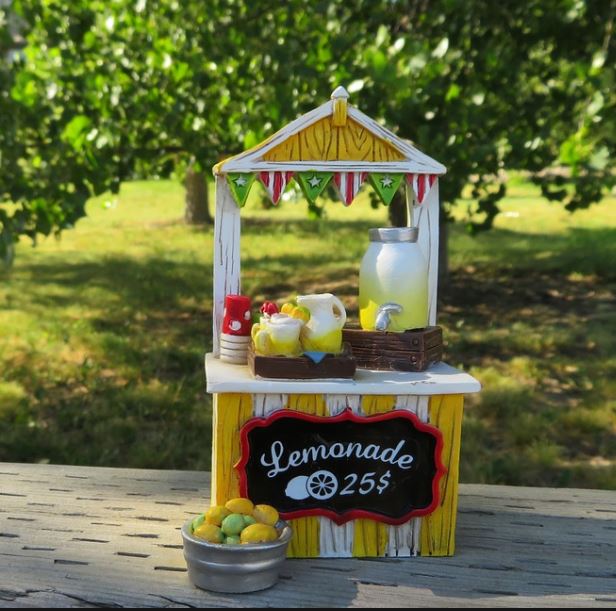While driving through the residential neighborhoods of Charlotte, North Carolina in the hot summer months, it’s not hard to find kids selling lemonade. I’ve seen three in the last three weeks. Harnessing their budding entrepreneurial skills (and perhaps at the suggestion of a parent tired of their kids watching television), setting up a lemonade stand is a relatively simple task. All you need is a pitcher, cups, water, sugar, lemons, knowledge of zoning laws, heath regulations, the fire code, federal income tax implications, and potentially a peddler’s license or a license to solicit charitable donations. In a perfect world, police and city officials would use a bit of common…
-
-
Lindley Law is Proud to Announce Our New Office Location
Lindley Law is taking the next step towards becoming Charlotte’s premiere boutique litigation firm. With the purchase of 326 West Tenth Street in the historic Fourth Ward neighborhood of uptown Charlotte, Lindley Law will have space for growth and development. Conveniently located between exits 3B and 4 off I-277, it is only a mile and a half from our current office location and two blocks from Fourth Ward Park. Our moving date is to be determined, but will occur between mid-September and mid-January. There are fifteen offices total within the building, though Lindley Law will only occupy a few of those at the onset. The remainder will be rented…
-
What Business Owners Should Know About Service Dogs and Emotional Support Animals
With increasing frequency, dog owners are claiming their pets are service animals, even when they are not. Unlike the United Kingdom, the United States does not have a requirement that service dogs be certified, but they do have to meet certain criteria under the Americans with Disabilities Act (the ADA) and an increasing number of states are making it illegal to misrepresent your pet as a service animal. According to the ADA, service dogs are defined as “dogs that are individually trained to do work or perform tasks for people with disabilities.” This means the person must have either a physical or mental impairment that substantially limits one or…
-
Four Tips for Drafting Jury Instructions: A Tightrope Walk between Clarity and Accuracy
What’s the best way for attorneys to show appreciation for jurors during the North Carolina Judicial Branch’s Jury Appreciation month? Lavishing them with gifts is prohibited, but one way attorneys can show some appreciation is by drafting jury instructions that make the lives of jurors easier by streamlining the deliberation process. When it comes to cases with complex statutory language, lawyers may be faced with the task of drafting jury instructions and must learn to bridge the gap between legal jargon and natural language. To add to the pressure of crafting meticulously worded jury instructions, many appeals are based…


